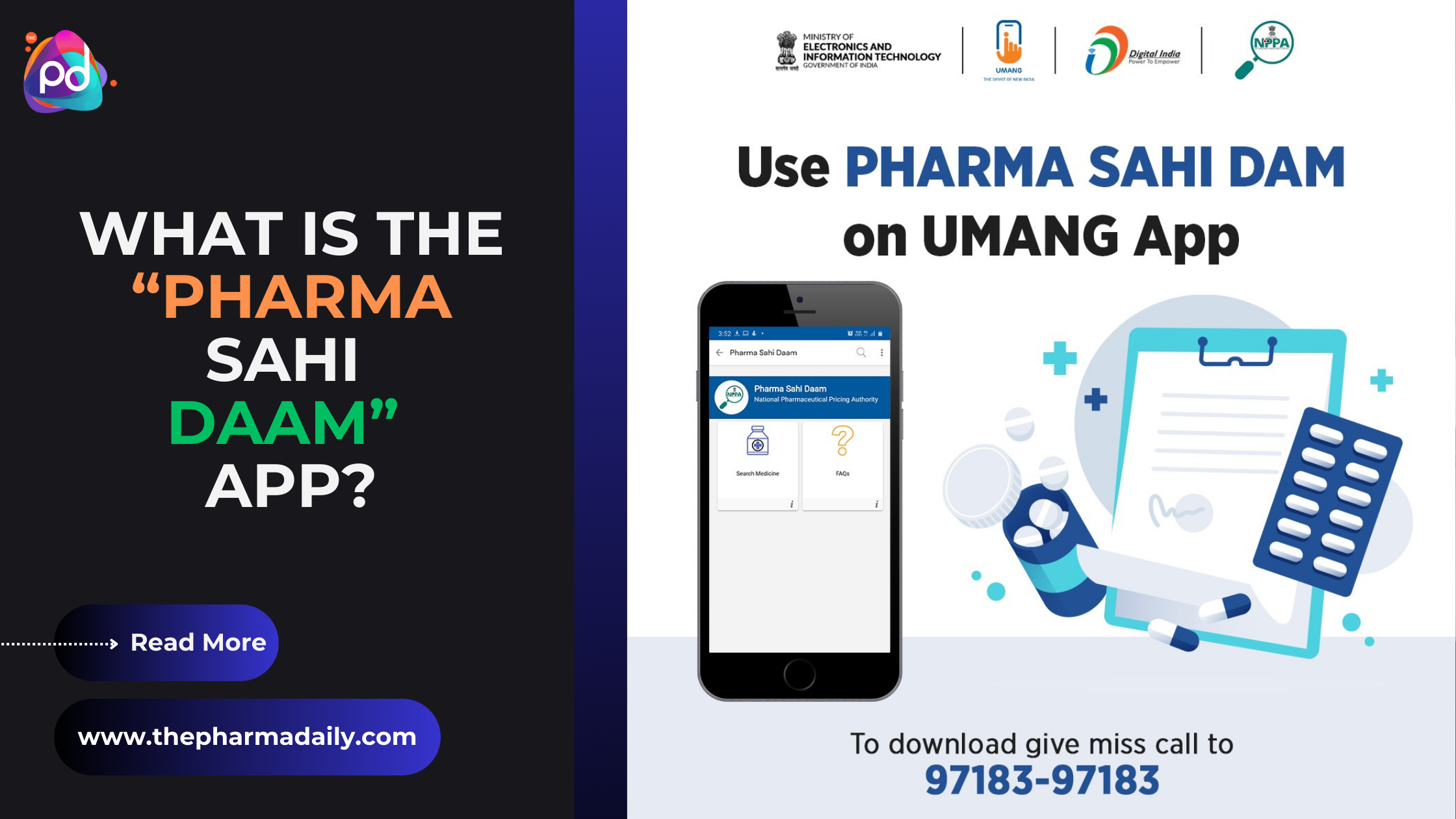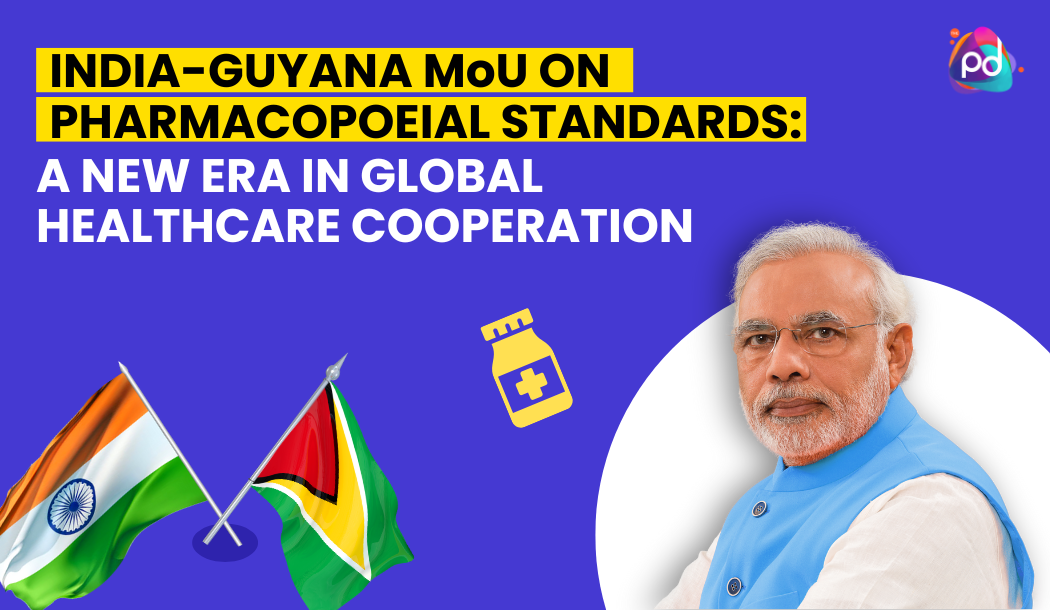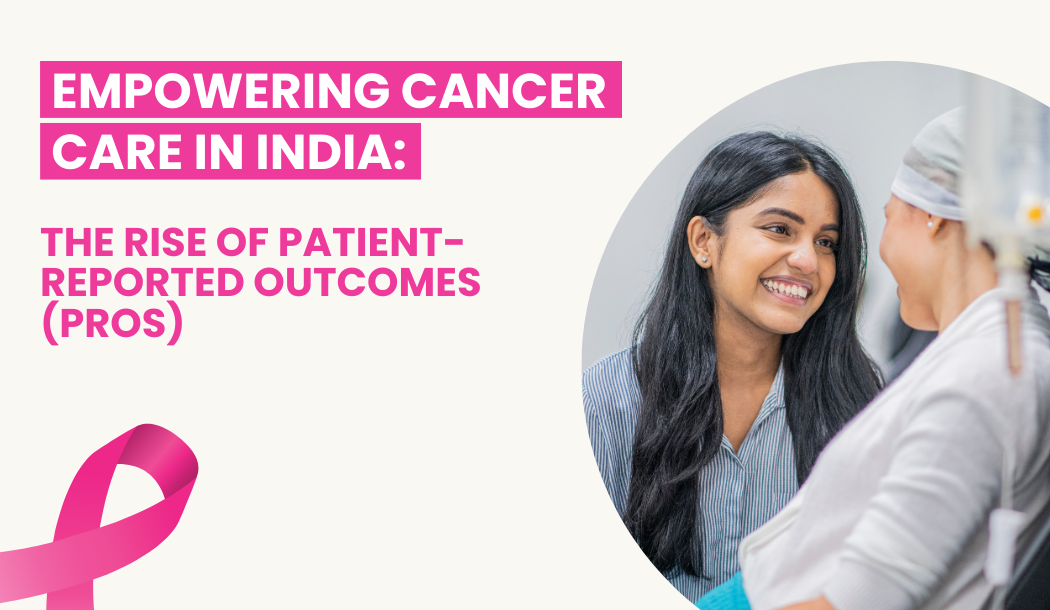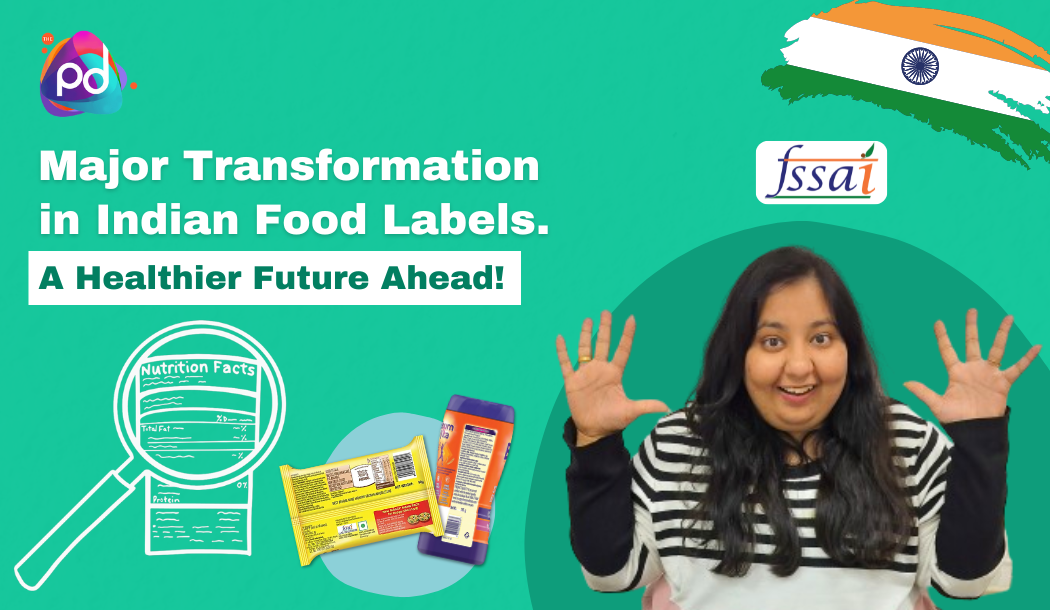Pharma Sahi Daam App: Revolutionizing Medicine Price Transparency in India
Dear readers,
As we navigate through the intricate world of healthcare and medicine, the importance of drug safety cannot be overstated. This brings us to a critical field in medical science - Pharmacovigilance (PV). This article will serve as a comprehensive guide on your journey to becoming a Pharmacovigilance Scientist.
What is Pharmacovigilance?
Pharmacovigilance, at its core, is the science and activities related to detecting, assessing, understanding, and preventing adverse effects or any other drug-related problems. The primary goal of PV is to ensure patient and public health by monitoring the safety of medicines and taking action to reduce the risks and increase the benefits of drugs. In a healthcare ecosystem that constantly evolves with new treatments and therapies, the role of Pharmacovigilance becomes paramount in safeguarding public health.
Diving Deeper: What Does Pharmacovigilance Mean?
The essence of Pharmacovigilance lies in its commitment to drug safety. It is an essential component of effective healthcare delivery, ensuring that the benefits of medicines outweigh their risks. Through the systematic monitoring of drug effects, Pharmacovigilance identifies potential adverse reactions, informs healthcare professionals and the public, and facilitates the appropriate use of pharmaceutical products. It's a discipline that bridges the gap between clinical research and real-world application, ensuring that the medicines we use are safe and effective.
Qualifications Required to Join Pharmacovigilance Domain
Embarking on a career in Pharmacovigilance requires a foundational education in the life sciences. Degrees in pharmacy, medicine, nursing, or life sciences (such as biology, biochemistry, biotechnology) are typically the entry point into this field. Further specialization can be achieved through postgraduate courses in Pharmacovigilance or related fields, enhancing your knowledge and skills for a career in drug safety.
Job Roles & Responsibilities
As a Fresher:
Entry-level positions in Pharmacovigilance, such as Drug Safety Associate or Pharmacovigilance Officer, involve responsibilities like data entry of adverse event reports, case processing, and literature review for safety information. These roles provide a solid foundation in drug safety monitoring, essential for career progression in this field.
As an Experienced Candidate:
With experience, professionals can advance to roles such as Pharmacovigilance Scientist, Safety Surveillance Associate, or even higher positions like Pharmacovigilance Manager. Responsibilities broaden to include signal detection, risk management, preparing safety reports, and strategic decision-making regarding drug safety. Experienced professionals play a crucial role in shaping drug safety policies and guidelines.
What Salary to Expect?
As a Fresher: Starting Salaries
For fresh graduates stepping into Pharmacovigilance in India, the salary spectrum ranges from INR 2,50,000 to INR 4,00,000 annually. These figures can vary based on the employer's stature, the job location, and the individual's academic and professional credentials.
As an Experienced Candidate:
With experience, salaries can significantly increase. Professionals with 5-10 years of experience in Pharmacovigilance can expect to earn between INR 8,00,000 to INR 15,00,000 per annum. Senior roles and specialization can lead to even higher compensation.
Is it a good career option to pursue as a life sciences graduate?
Absolutely! For life sciences graduates, a career in Pharmacovigilance offers a unique blend of scientific inquiry and patient safety advocacy. It is a field with growing demand globally, as drug safety remains a paramount concern in healthcare. With opportunities for continuous learning and progression, along with the satisfaction of contributing to public health, Pharmacovigilance is an excellent career choice for those passionate about making a difference in the world of medicine.
Embarking on a career in Pharmacovigilance is a journey of continuous learning and professional development. For those of you aspiring to make a mark in this field, the road ahead is both challenging and rewarding. Equip yourself with the right qualifications, hone your skills, and stay abreast of the latest developments in drug safety. Your dedication to ensuring the safety and efficacy of medicines can lead to a fulfilling career in Pharmacovigilance, where you contribute significantly to public health and patient safety.
Closing Thoughts
To all aspiring Pharmacovigilance professionals, your journey begins with knowledge and leads to safeguarding public health. Embrace this path with determination, and you will undoubtedly make a significant impact in the realm of healthcare. For graduates from life sciences, a career in Pharmacovigilance is not just a job; it's a mission towards ensuring drug safety and efficacy. It offers a unique blend of scientific investigation and patient care, making it an ideal choice for those passionate about making a tangible difference in healthcare. The field promises growth, learning, and the satisfaction of contributing to public health, positioning it as a highly rewarding career path.
To our aspiring Pharmacovigilance professionals, your journey is set to be filled with challenges, learning, and immense satisfaction. Equip yourself with knowledge, stay dedicated, and you are sure to carve a niche for yourself in the noble quest of ensuring drug safety. Here's to your success in becoming a beacon of safety in the pharmaceutical world.
Warm Regards,
Mitali Jain
Until next time, keep learning and keep growing!












